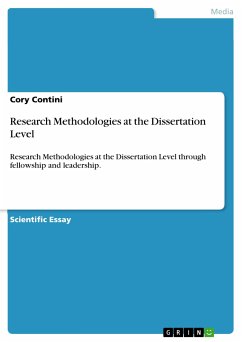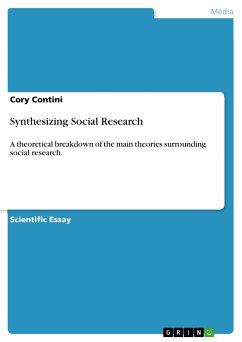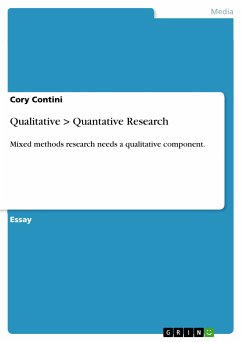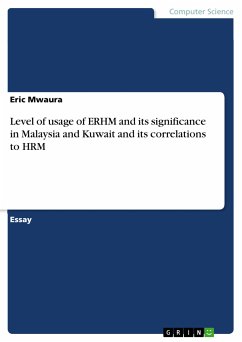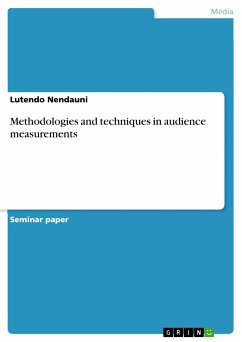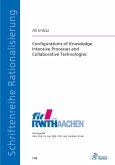Scientific Essay from the year 2009 in the subject Communications - Methods and Research Logic, grade: A-, Ottawa University, course: Qualitative Research Methods, language: English, abstract: Identifying applicable research strategies at a level suitable for dissertations is almost as difficult as the process of conducting and completing a dissertation-level research experiment. Methodology tends to differ according to the various factors found within the desired outcome. Yet methods cannot be orchestrated to generate this outcome from the data, but merely facilitate its collection and synthesis. Any successful research methodology does not, therefore, create knowledge, but rather is an applicable strategy for identifying and processing the information which exists. Hathaway (1995) stresses that there are decisions embedded within the creation and conduct of research methodologies that are generated both within the research setting and within the perceptions of the researcher. The concept of an unbiased methodology is thus inherently impossible: All researchers come to the experimentation process with preconceived opinions of how and why the research process should transpire. The selection and application of methodology thus serves two practical stages: First, the research methodology is selected with the end result in mind, and is believed by the researcher to reveal the data which already exists in a clear and uncontestable format. Second, the research methodology creates a barrier between the researcher and the data. This last point is of particular significance. If the researcher acquires and applies a methodology that is suitable to the research process, than the data will naturally emerge and be presented in a manner that removes the biases of the researcher. In order to demonstrate a familiarity with how, why, and to what extent specific forms of methodology are effective in conducting dissertations, this paper shall provide a basic overview of standard methods used in research studies. The focus of this paper is on comparing and contrasting the differences between qualitative, quantitative and mixed research methodologies. To further explore the effectiveness of these strategies, each will be evaluated as a method for measuring followership qualities in a medical facility.
Dieser Download kann aus rechtlichen Gründen nur mit Rechnungsadresse in A, B, BG, CY, CZ, D, DK, EW, E, FIN, F, GR, HR, H, IRL, I, LT, L, LR, M, NL, PL, P, R, S, SLO, SK ausgeliefert werden.

